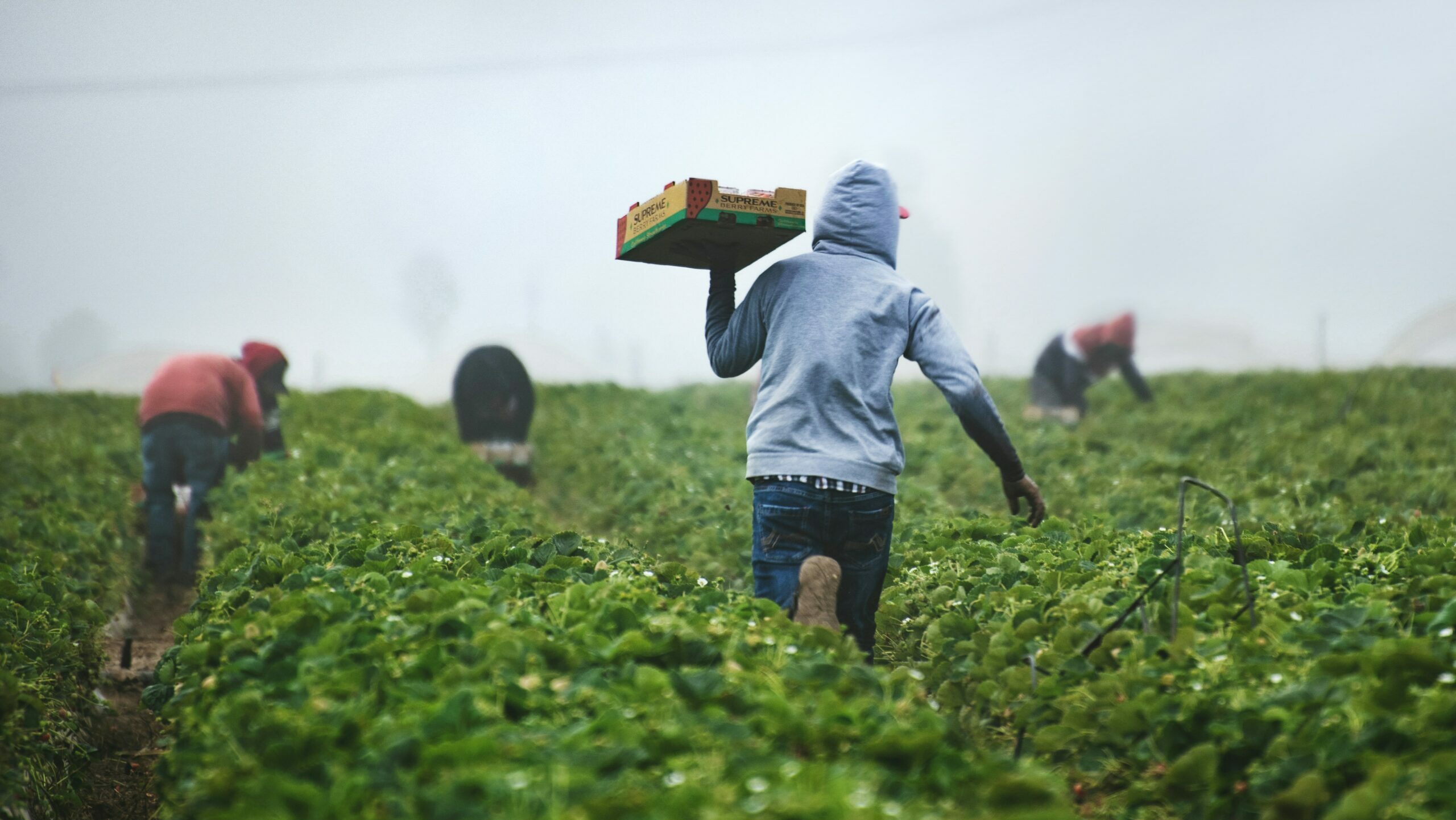In a recent series by CNBC that covers innovative ClimateTech companies, InnerPlant was selected for the spotlight due its ability to reduce waste in the Agriculture Industry. Founded in 2018, Shely Aronov and Rod Kumimoto have thus far raised over $22M in funding from investors such as Bee Partners, Bison Ventures, MS&AD, UpWest, and John Deere.
3 Things You'll Hear:
- The Agriculture Industry Produces Significant Amounts of Carbon : Large-scale operations across thousands and thousands of acres all across the globe rely heavily on inefficient processes when it comes to planting, growing, harvesting, and shipping products–all adding up to make this industry one of the more "carbon-offenders."
- The Heavy Overuse of Chemicals and Pesticides: Due to a lack of granularity with each crop, farmers and other producers have to be conservative when it comes to managing invasive elements such as fungus and pests, causing an unecessary 30% over-application of associated repellants.
- Simple Integration of InnerPlant's Technology: Since the company genetically engineers the seeds with this fluorescent trait, farmers need only purchase a different type of seed, whereas the rest of their process remains the same, save the newfound ability to manage their crops on a plant-by-plant basis.
"Our ability to sequence and engineer DNA is strongly correlated to the increase in available computational power. As our gene repository increases, data storage and processing capabilities will be fundamental for making sense of an ocean of information."
Kira Noodleman - Partner, Bee
Partners
Read more about the potential applications of Synthetic Biology and the "Second Wave" in our Synthetic Biology Insight Paper or more about the mission and vision of InnerPlant on their website.
CNBC: How InnerPlant Reduces Agricultural Waste
CNBC ClimateTech Series: InnerPlant
The agriculture industry, often perceived as inherently green due to its natural elements, actually represents one of the largest sources of carbon emissions globally. A staggering 40% of food crops are lost each year to pests and diseases, exacerbating the carbon footprint through waste. The ongoing challenge has spurred startups to develop solutions aimed at mitigating these losses while enhancing sustainable practices. Among the promising innovations in this field is a new technology by a startup called InnerPlant.
The Science Behind Plant Communication
InnerPlant's breakthrough lies in its capacity to enable plants to 'communicate' their distress directly to farmers. By genetically engineering seeds, InnerPlant introduces a trait that causes plants' leaves to emit a fluorescent signal when experiencing stress factors such as insect attacks, fungal infections, or nutrient deficiencies. This early warning system allows farmers to address specific threats promptly, significantly reducing the need for widespread pesticide use and enhancing targeted intervention.
Technology At Work: Reducing Unnecessary Waste
The real magic of InnerPlant's technology is its utilization of fluorescence to detect plant distress. Sensors can be mounted on satellites, drones, or tractors to receive signals from the crops, informing farmers exactly where and when interventions are needed. This precision in managing agricultural inputs not only cuts down on the excessive use of chemicals – often over-applied by up to 30% – but also reduces the economic burden on farmers who face high costs without corresponding benefits. By limiting interventions to only troubled areas, this technology curtails both environmental impact and unnecessary expense.
Did you know that InnerPlant plans to expand its operations to millions of acres by 2028, utilizing cutting-edge equipment, daily satellite mapping, and working with farmers in both North and South America?
Scalability and Economic Viability
One of the most compelling aspects of this technology is its scalability. The approach can be seamlessly integrated into existing agricultural practices, requiring only the initial step of replacing regular seeds with genetically engineered ones. This means the technology can potentially be applied to vast agricultural expanses across continents. Each plant that grows from these seeds is a sensor, continuously reporting its health status. This not only makes the technology scalable but also opens the door to licensing opportunities with major seed companies, creating a continuous stream of royalty revenue.
The significance of InnerPlant’s technology even transcends individual farmer benefits. On a larger scale, global food producers who rely on consistent and predictable crop outputs could see a dramatic reduction in supply chain uncertainties and quality issues. Besides, the environmental impact of reducing over-application of fertilizers and pesticides contributes positively towards global climate change efforts. The success of this technology with initial crops like soybeans paves the way for expansion into other staple crops, potentially transforming agricultural practices worldwide.
Shely came through our third fund, and since the investment, the team has continued to grow its service and personnel. Click here to learn more about the Company and Team, or here if you are a Founder innovating in any of our three vectors.

No Comments.